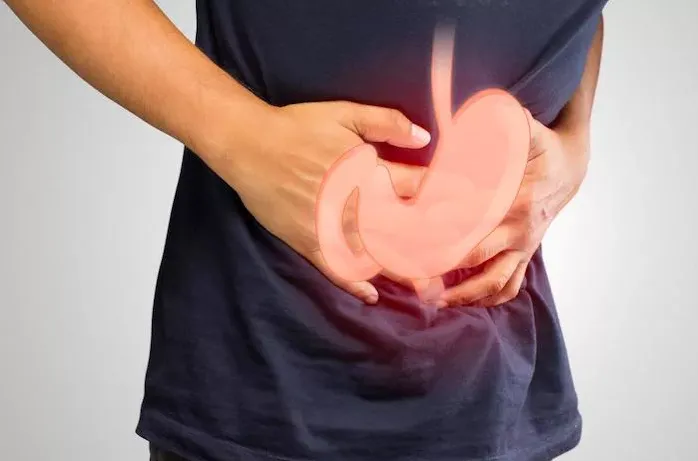For gondullo,
The 3 studies that I know on the issue of gastric emptying related to the DM:
Horowitz M, Maddox A, Harding Pe, Maddern GJ, Chatterton
Be, Wishart J, et al.Effect of Cisapride on Gastric and Esophageal
Emptying in insulin-dependent diabetes mellitus.Gastroenterology
1987; 92: 1899-907.
Melga P, Mansi C, Ciuchi E, Giusti R, Sciabà L, Prando R. Chronic
administration of levosulpiride and glycemic control in
IDDM Patients with Gastroparesis.Care diabetes 1997; 20: 55-8.
Mansi C, Savarino V, Vigneri s, Perilli D, Melga P, Sciaba L
et al.Gastrokinetic Effects of Levosulpiride in Dyspeptic Patients
with diabetic gastroparesis.Am J Gastroenterol 1995; 90:
1989-93.
None decreases hypos, nor establishes a causal relationship between empty and glycosylated improvement.
For the diagnosis of gastric emptying (and gastroparesis), gammafría, ultrasound or breath test is usually used.
Normally to diagnose gastroparesia, after making all the story is usually performed a gastroscopy that discards tumors or ulcers.
Then something is sought by vilia by ultrasound and finally the medication is proven to see if it works and improves.
That is, it is usually diagnosed by exclusion.
It is rare that gastroparesia occur in a patient who has not had any other complication such as retinopathy, neuropathy or nephropathy.
I have been working in a digestive endoscopies and I have seen hundreds of gastroscopies ... and barely remember 5 or 6 gastroparesias ...
Bezares, who mentions Fer, I have only seen 2 and I doubt that no one gets so the limit of putting a PEG for this problem, much before the drugs or surgery are used.




